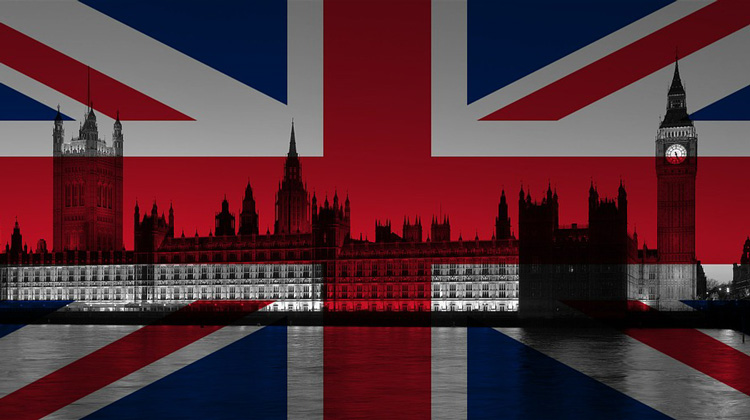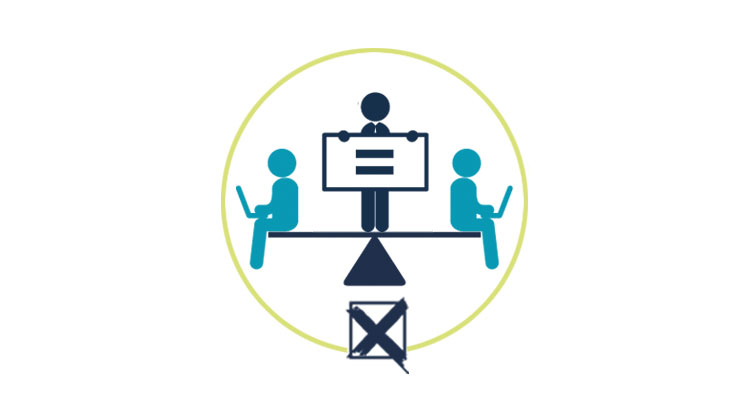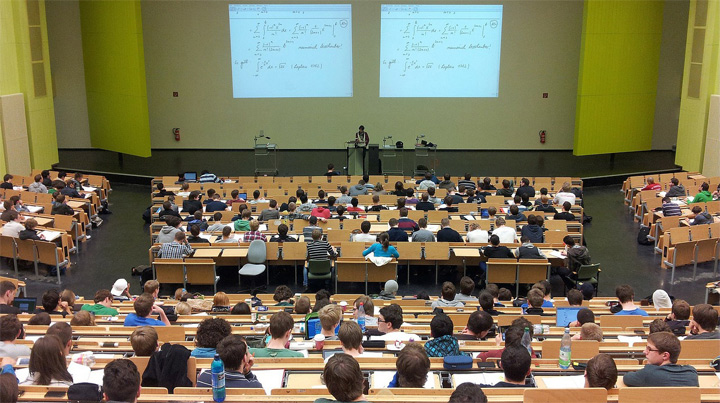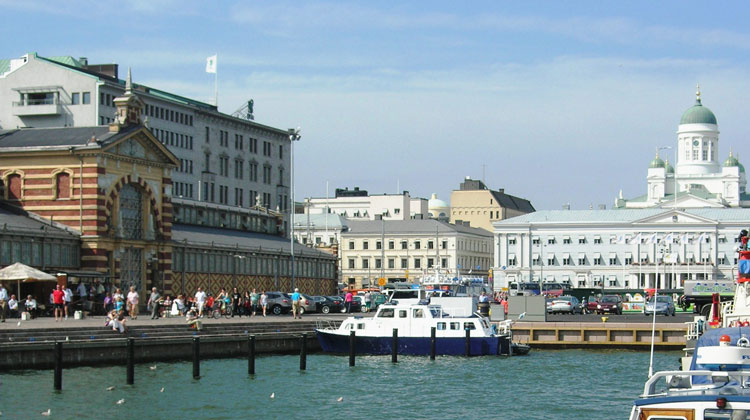
The majority of British citizens want the opportunity to vote online. This was revealed by two polls from the market research institute YouGov, commissioned by WebRoots Democracy. Continue reading

Along with the legally stipulated election of equal opportunities, officers in federal, and state offices, elections for equal opportunity officers are also regularly held in corporate bodies under public law, universities and other institutions and companies. These elections can only be secure, legally binding, cost-efficient and comfortable when held online. Continue reading

The democracy of universities is a precious asset. Democratic processes allow students, faculty and professors to have influence on the self-administration of the university by being represented by elected individuals on various committees. At the same time, the complexity of university elections also brings about great financial and personal expense. Continue reading
Today the European Commission released its strategy to establish a unified digital single market. The digitalisation of society also requires additional digitalisation of the democratic processes. One crucial step on this path is the Europe-wide unification of the security profiles for online voting systems. Continue reading

Northern European nations not only hit peak numbers in terms of internet users but also reveal themselves to be forerunners in the implementation of digital services. For instance, the Finnish Ministry of Justice recently announced that a labour association will be evaluating the usage of online voting in future referendums in Finland. Continue reading